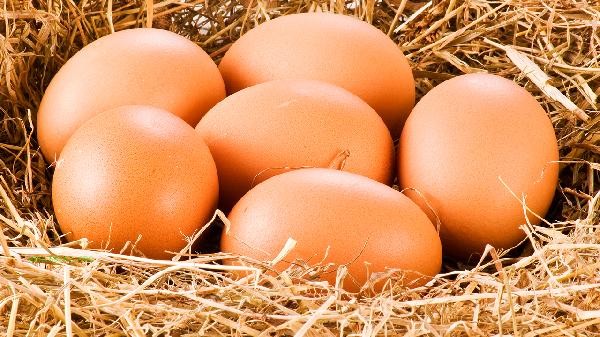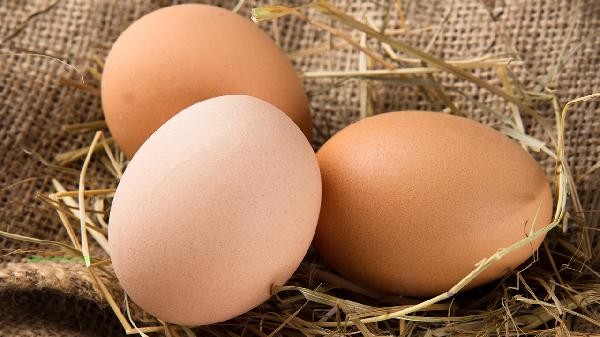Eggs and chicken breast are both high-quality sources of protein that can be consumed during weight loss, but chicken breast is more suitable as the primary protein choice. The main differences between the two are reflected in protein content, fat composition, satiety, and cooking methods. Chicken breast meat has the advantages of lower calories, higher protein content, and longer lasting satiety.

1. Protein content:
Chicken breast contains about 31 grams of protein per 100 grams, while eggs only contain 13 grams. The protein content per unit weight of chicken breast is 2.4 times that of eggs, which is more conducive to meeting the daily protein requirement of 1.2-1.6 grams per kilogram of body weight during weight loss. A high protein diet can increase the caloric effect of food and reduce muscle loss.
2. Fat composition:
The fat content of chicken breast is only 3.6 grams per 100 grams and is mostly unsaturated fat, while egg fat reaches 11 grams per 100 grams and egg yolk accounts for 90%. During weight loss, it is recommended to choose chicken breast to control total calories. Eggs can be consumed in moderation, but the intake of egg yolks should be controlled. It is advisable to consume no more than 2 whole eggs per day.
3. Differences in satiety:

The chewing sensation and volume of chicken breast can prolong feeding time and stimulate satiety nerve signals. Experiments have shown that under the same amount of heat, solid protein can prolong the satiety time by more than 40 minutes compared to liquid protein such as egg custard, which helps reduce the frequency of overeating.
4. Nutrient density:
Chicken breast is rich in vitamin B6 and niacin, which promote fat metabolism; Eggs contain comprehensive nutrients but are high in cholesterol. People who are trying to lose weight can consume it in combination, with a recommended ratio of 3:1 chicken breast as the main ingredient, which ensures the intake of trace elements and avoids excessive cholesterol.
5. Cooking adaptability:
Chicken breast can be processed through low oil methods such as boiling, grilling, and shredding, making it easy to control the amount due to its large volume; Fried eggs are easy to absorb oil. It is recommended to choose boiled eggs, Egg&vegetable soup, etc. Instant chicken breast products are convenient for office workers to carry, but it is important to choose low sodium options.

During weight loss, it is recommended to take 150-200g chicken breast meat with 1-2 eggs every day, and use serving of individual dishes to ensure that there is protein in each meal. Chicken breast can be cooked in bulk and packaged for freezing, while eggs can be consumed in the morning or after exercise. Be careful to avoid high calorie methods such as deep frying and butter frying, and pair them with fiber vegetables such as broccoli and asparagus to enhance satiety. Special populations such as pregnant women and those with high cholesterol should adjust their proportions under the guidance of a doctor, and those who exercise and gain muscle can increase their egg intake appropriately.




Comments (0)
Leave a Comment
No comments yet
Be the first to share your thoughts!